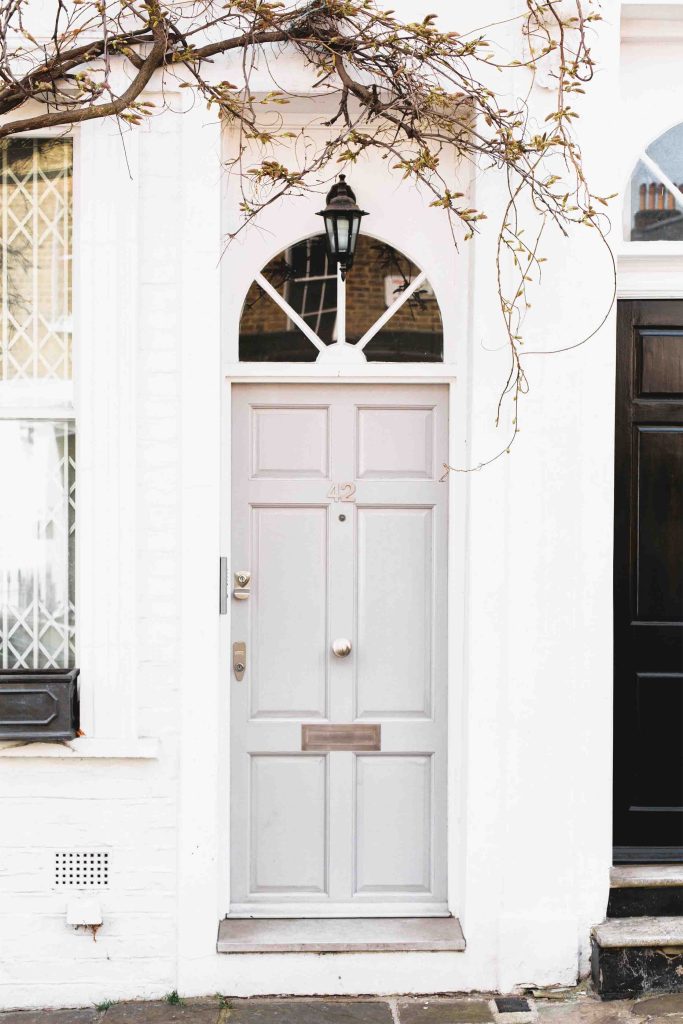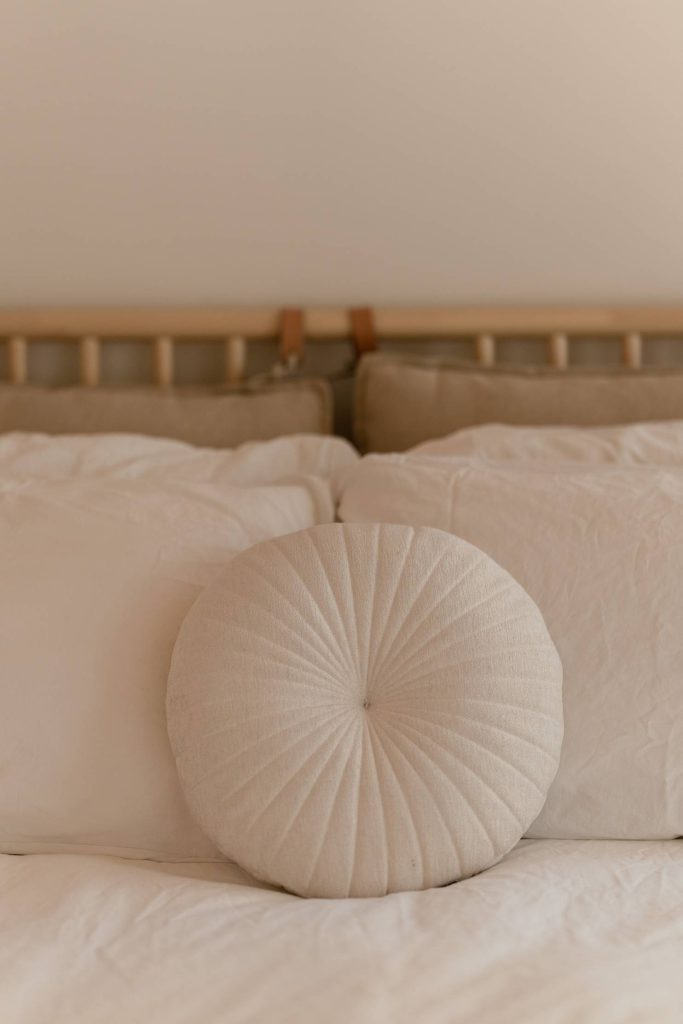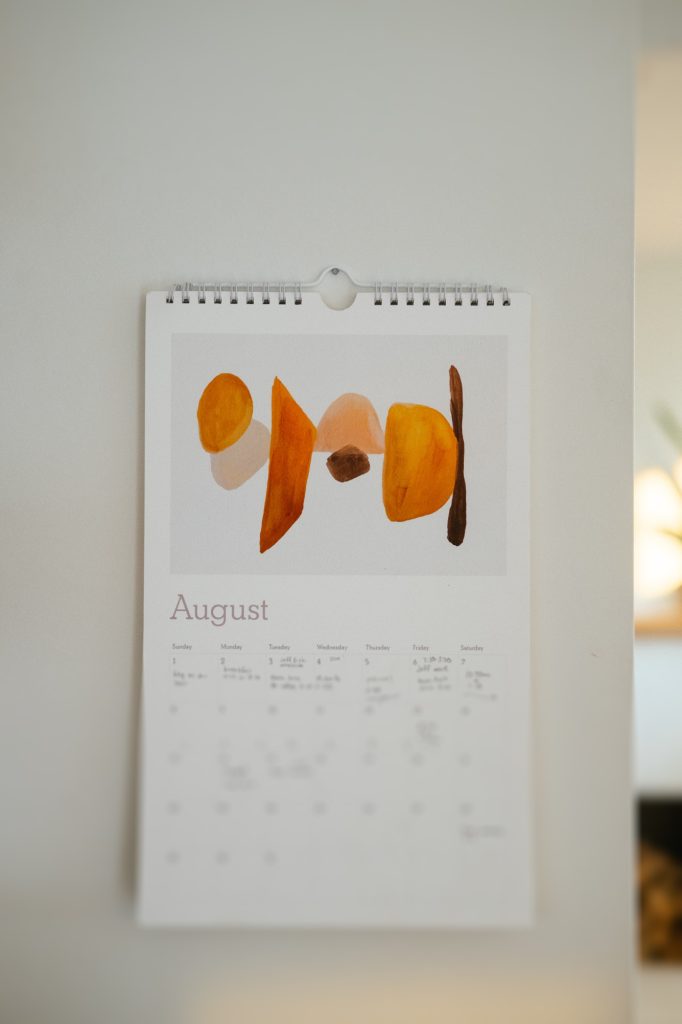Most safety discussions regarding Airbnb scams focus on warnings for guests to look out for by suspicious hosts. But we often don’t discuss enough about guest scams towards hosts.
No matter how careful you are, you’ll likely end up experiencing some sort of scam at some point and new scams or variations of them occur all the time. I myself have been on the receiving end of 3 of the below scams so far. Some I’ve been able to spot a mile away and one in particular I was a victim of.
It’s been well documented by many members on the platform that new hosts are prime targets for scams. When you are new to hosting and keen to get the ball rolling you’ll be more inclined to accept the first guest that comes along, particularly if you’ve been waiting for a while.
Getting savvy to potential issues can greatly reduce the risk of trouble in your rental.
Can you tell me the exact address?

Airbnb guests will occasionally send a message and ask for the exact address of your property before placing a booking.
They might suggest that they just want to see how far it is from somewhere else they need to get to and may push specifically for the house number and street name. They may suggest that they are looking for a long stay, tempting you to be more helpful as they are offering the prospect of a long booking worth big money.
There is absolutely zero reason why someone needs to know the exact address of the property as the listing shows the diameter of your street within a very small circle without giving the property location details or house number.
This provides all the information a guest needs on the surrounding area so they can find local amenities or work out travel distances.
The only reason why someone would want the exact address is to list the property elsewhere online and scam people, to monitor the property to break in when it’s empty or to approach guests already staying there and scam them.
NEVER provide your exact address before a booking, (even to somebody who is an upcoming guest) before they are due to arrive. They don’t need to know it until the day of check in and it’s perfectly reasonable to give them the street name without the house number until the day of arrival.
I’m struggling to pay via the platform, can I book or pay direct?
When hosting you’ll often get guests asking if they can book but pay directly, either because of problems using the website or to avoid paying Airbnb fees so they get a cheaper deal.
Often you’ll be told that the guest is interested in booking for a month or two to get you hooked. A potential booking of that length would be a substantial sum fora host to earn.
Not only is paying off platform against the terms of Airbnb or other rental marketplaces, but it opens you up to all manner of abuse and potential issues and is never worth the risk. A guest paying by Paypal can request a chargeback when they leave and you have no proof or contract as evidence that they stayed with you.
The same goes for a guest wanting to extend their stay by paying cash or by cheque off the platform.
Without any sort of letting contract between yourselves and the guest such as the agreement between the two of you on the Airbnb, VRBO or booking.com platform, you’ll be unwittingly handing over your house keys to a stranger of who you have no details recorded.
You’ll have trouble getting the Police or your insurance to assist if you willingly handed over your keys to a stranger. You also won’t be able to ask Airbnb host support for help either or put a claim via Aircover.
Is this also your property?
Be wary of a message from a potential guest asking a question with a hyperlink or asking you to follow a link to look at something.
It can be disguised as an innocent enquiry like, “Is this also your property?” or “Hi, I’m very interested in booking – is this restaurant close by to your property?” with a link for you to click on.
It will likely redirect you to a page that looks exactly like Airbnb with the same sign in page, but under a differnet web address. This is a scam to trick you to type in your email and password, giving the scammer access to your Airbnb account, personal and property information.
Often innocent curiosity or the distraction of potentially getting a booking can get you caught out, and it only takes a split second of confusion to type this information in unwittingly.
I’ve noticed that as a superhost with many reviews on my profile, I don’t get many of these messages anymore, but I did when I was an early host with zero feedback and in my first few weeks I got several.
Subletting Scams
Essentially, your property is booked by a guest under a fake or stolen Airbnb account who then sublets your property to an unsuspecting victim who believes this guest owns the property instead of you. This other victim exachanges cash with the guest who placed the booking before this guest dissapears.
You as the true property owner are then left to pick up the pieces and remove the victim who thinks they’ve just signed a really cheap lease.
I’ve been on the receiving end of this first hand when my property was advertised on Facebook unbeknownst to me and then booked by a fake profile using stolen identification.
Whilst the clean-up of the property wasn’t required as it had hardly been used during the scam, the stress of dealing with it and consoling the victim as well as having the hassle of getting the locks changed was more than enough to deal with.
Make sure that the person who is on the booking is the person that turns up. Using a Ring doorbell or similar external monitering device can ensure that the correct guest is staying in your property. There is no harm in asking questions when guests arrive just for verification and peace of mind and any reasonable guest will completely understand.
Another way to prevent this is to install remote smart locks which removes the needs for physical keys or getting a locksmith out to change compromised locks.
Bug infestation Scam
Everything is normal, the guest shows up to your rental and when they leave they submit a claim with Airbnb customer support claiming that the property was dirty and infested with bugs or bed bugs.

They will usually provide images of cockroaches, bug bites, dirty areas or scatterings of bugs which they’ve usually scattered themselves or found images of online. With video or photo evidence the guest can sometimes get a full refund as well as the satisfaction of a free stay at your expense.
One way to protect yourself from these kinds of scams is to video your property before each guest arrives. It’s going to be impossible to zoom into every corner of the room, but it can take 2 or 3 minutes to quickly film your entire clean property before the guest shows up just to give an example of the way the property looked for the guest on arrival.
Photos and videos recorded on smart phone will also have EXIF data/Meta data which records the date and time of recording as well as the GPS location the video or photo was taken. This is a great way to prove with time stamps, evidence of what your property looked like at the time.
Whilst it should be your standard anyway, make sure the property is always clean so that the cleanliness is never called into question. Your reputation is important and it’s much harder for Airbnb to believe a guest had trouble at a listing that’s been described with a ‘squeaky clean bathroom’ and immaculately clean by every other guest.
It’s worthing keeping your receipts (or purchase/invoice history for online purchases) of items such as fully sealed bed bug-resistant mattress covers so if I guest complains the bed has them, you can prove that this isn’t the case.
A property with a questionable track record of repeated low cleanliness scores under 5 stars is more likely to be called into question by Airbnb so it’s important to keep your cleanliness consistant and top notch.
Key cutting
A guest can book your full private property, have an easy and unproblematic stay at your place and leave without issue, leaving the keys where you asked them too. You leave good feedback and forget all about them.
But what you aren’t aware of is that during their stay, they’ve got a copy of your keys cut and they now know the exact location and address of your property.
This means they could in theory, stake out a property and enter when your next guests go out for the evening. Giving them (or whoever else they give to keys too) free access to the property and any of your new guests stuff. It can also provide them with access in between bookings to steal.
If a remote digital lock (that can be reset with a new code for each guest) isn’t an option for you, providing additional locks to your door such as a deadlock with a key that only you have can ensure that you can secure the property that little bit further.
A video security doorbell is a must have for a short term rental to protect yourself and your property from unwanted access. I’d also recommend keeping a reliable locksmith on friendly terms and changing your locks every 6 months or after seriously shady or troublesome guests just to make sure your keys stay fresh and access limited.
Re-booking Trick
Whilst a guest may not book with you with the intent to scam you, there is a well known trick that guests can pull to avoid being charged when they need to cancel without losing any money. Unfortunately, this often leaves you with an empty calendar and out of pocket.

This will only affect you if you have a non-refundable booking or if the guest is within your non-refundable window, i.e, too close to the check in time. If you offer free cancellation until check in then this won’t be a problem for you.
The guest will ask to push the stay to an alternative date and this usually falls outside of your non-refundable window. Once you’ve agreed and the date is changed, the guest can cancel the booking without charge. It often leaves you with an open calendar and an empty property right at the last minute which can be a vacancy difficult to fill at such short notice.
This is particularly frustrating if the guest has held the booking for quite some time, as the dates have been blocked by the guest may have had a good chance of being booked by another potential guest,
My advice is, stick to the rules you’ve set when you decided them on Airbnb. If you’re only renting casually for the odd bit of income, sometimes the nicest thing to do is to allow them to re-book and not mind if they cancel. Alternatively, if your rental is your main source of income and you treat it as your full time business, offer them a 50% refund for the loss of earnings..
Misleading guest numbers
When I first started, I offered self check in and didn’t have a Ring doorbell or any exterior monitoring. My 1 Bedroom flat could comfortable house 2 people overnight but I noticed the amount of mess left behind was evidence of way more than 2 people on some bookings.
If guests can see it’s self check in and the listing states there’s no camera, you may well get a full family or large group saving money by cramming themselves into your property.
This may not bother you, but it will increase your rate of wear and tear – take it from me. To prevent this, list clearly that you have a Ring doorbell to discourage these kinds of money saving guests.
